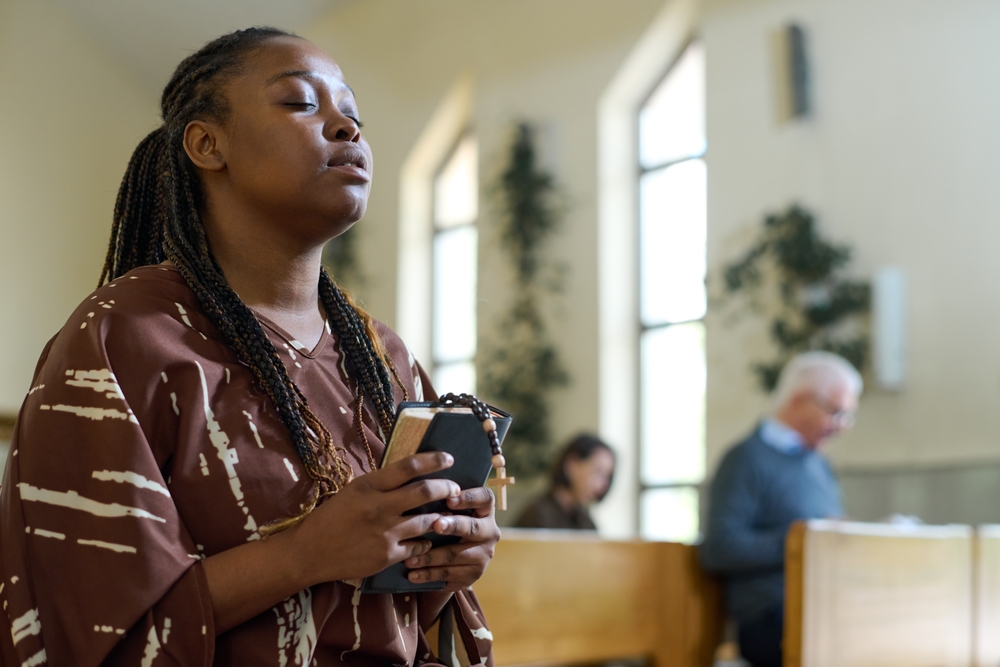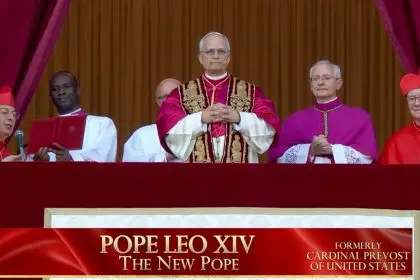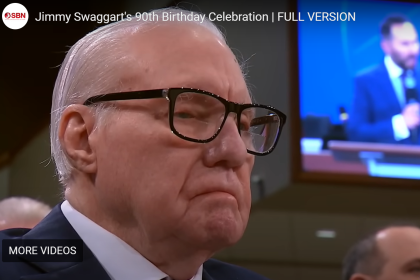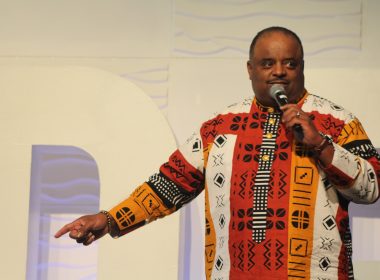In recent years, Black churches have faced a significant challenge: attracting younger generations, particularly Gen Z. As congregations age and fewer young people fill the pews, the implications for community solidarity and political influence are becoming increasingly concerning.
The decline of Black church membership
Research indicates that church membership among Black adults has dropped nearly 20 percentage points over the past two decades. This decline is particularly pronounced among younger demographics. According to a Pew Research study, only about half of Black Millennials and Gen Z attend predominantly Black churches, compared to two-thirds of older generations like the Baby Boomers and the Silent Generation.
Churches such as Mother Bethel African Methodist Episcopal Church in Philadelphia, a historic site known as the birthplace of the A.M.E. Church, are grappling with this shift. Despite their rich history and cultural significance, these churches are struggling to connect with the younger generation, as highlighted by a recent report from the New York Times.
Understanding the disconnect
Several factors contribute to this generational divide. For many younger Black Americans, the church no longer plays a central role in their lives. The rise of technology, the impact of the COVID-19 pandemic and evolving social issues have all shifted the landscape of community engagement.
Margaret Jerrido, an archivist at Mother Bethel, emphasizes the role of technology in this shift. She states that it has replaced gathering together and that young people don’t come into the building anymore. This sentiment reflects a broader trend where in-person gatherings are being replaced by online interactions, leading to a decline in community cohesion.
The political implications
The decline in church attendance among younger Black Americans also has significant implications for political activism. Historically, the Black church has been a powerful platform for mobilizing voters and influencing political outcomes. However, as younger generations increasingly distance themselves from church involvement, the ability to rally political support from the pulpit diminishes.
Carolyn Wilson, a 70-year-old church member, recalls her father’s struggle for voting rights and emphasizes the importance of voting. In contrast, she notes that younger individuals often ask what they have to gain from voting. This shift in perspective highlights the need for political engagement strategies that resonate with the priorities and concerns of younger voters.
Finding common ground
In states like Pennsylvania, where the Black vote is crucial, Democrats are exploring alternative avenues to engage with younger Black voters. Rotimi Adeoye, a member of the Pennsylvania Young Democrats, acknowledges the ongoing importance of the Black church in elections but stresses the need to meet young voters where they are.
As Black churches navigate this generational divide, it is essential to foster dialogue and create spaces that resonate with younger congregants. By embracing technology and addressing the evolving needs of the community, churches can work towards bridging the gap and revitalizing their congregations.
The challenges facing Black churches in attracting Gen Z members are multifaceted and require thoughtful engagement. As the landscape of faith and community continues to evolve, it is crucial for churches to adapt and find innovative ways to connect with younger generations. Only through understanding and addressing their unique perspectives can the Black church continue to play a vital role in the lives of future generations.

















